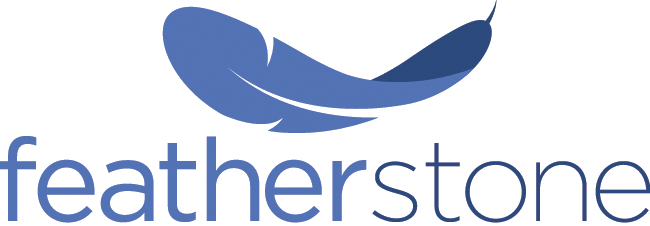From Melinda May, CPA | Featherstone
January 15
Individuals. Make a payment of your estimated tax for 2018 if you did not pay your income tax for the year through withholding (or did not pay enough in tax that way). Use Form 1040-ES. This is the final installment date for 2018 estimated tax. However, you don’t have to make this payment if you file your 2018 return and pay any tax due by January 31, 2019.
Employers. For Social Security, Medicare, withheld income tax, and nonpayroll withholding, deposit the tax for payments in December 2018 if the monthly rule applies.
January 31
All businesses. Give annual information statements (Forms 1099) to recipients of certain payments you made during 2018. Payments that are covered include (1) compensation for workers who are not considered employees, (2) dividends and other corporate distributions, (3) interest, (4) medical and health care payments, (5) rents, (6) royalties, (7) profit-sharing distributions, (8) retirement plan distributions, (9) original issue discounts, (10) prizes and awards, (11) cash payments for fish to anyone in the trade or business of catching fish, (12) debt cancellations (treated as payment to debtor), (13) payments of Indian gaming profits to tribal members, and (14) cash payments over $10,000. There are different forms for different types of payments.
Individuals who must make estimated tax payments. If you did not pay your last installment of estimated tax by January 15, you may choose (but are not required) to file your income tax return (Form 1040) for 2018 by January 31. Filing your return and paying any tax due by January 31 prevents any penalty for late payment of the last installment.
Employers. Give your employees their copies of Form W-2 for 2018. If an employee agreed to receive Form W-2 electronically, have it posted on a website and notify the employee of the posting.
For nonpayroll taxes, file Form 945 to report income tax withheld for 2018 on all nonpayroll items, such as back-up withholding and withholding on pensions, annuities, and IRAs.
For Social Security, Medicare, and withheld income tax, file Form 941 for the fourth quarter of 2018. Deposit or pay any undeposited tax under the accuracy of deposit rules. If your tax liability is less than $2,500, you can pay it with the return. If you deposited the tax for the quarter in full and on time, you have until February 11 to file the return.
For federal unemployment tax, file Form 940 for 2018. If your undeposited tax is $500 or less, you can either pay it with your return or deposit it. If it is more than $500, you must deposit it. However, if you already deposited the tax for the year in full and on time, you have until February 11 to file the return.
Featherstone LLC provides Tax Planning & Preparation, Accounting and CFO Consulting. Please contact the company by email at [email protected] or by calling 540-227-4321. 

Recent Comments